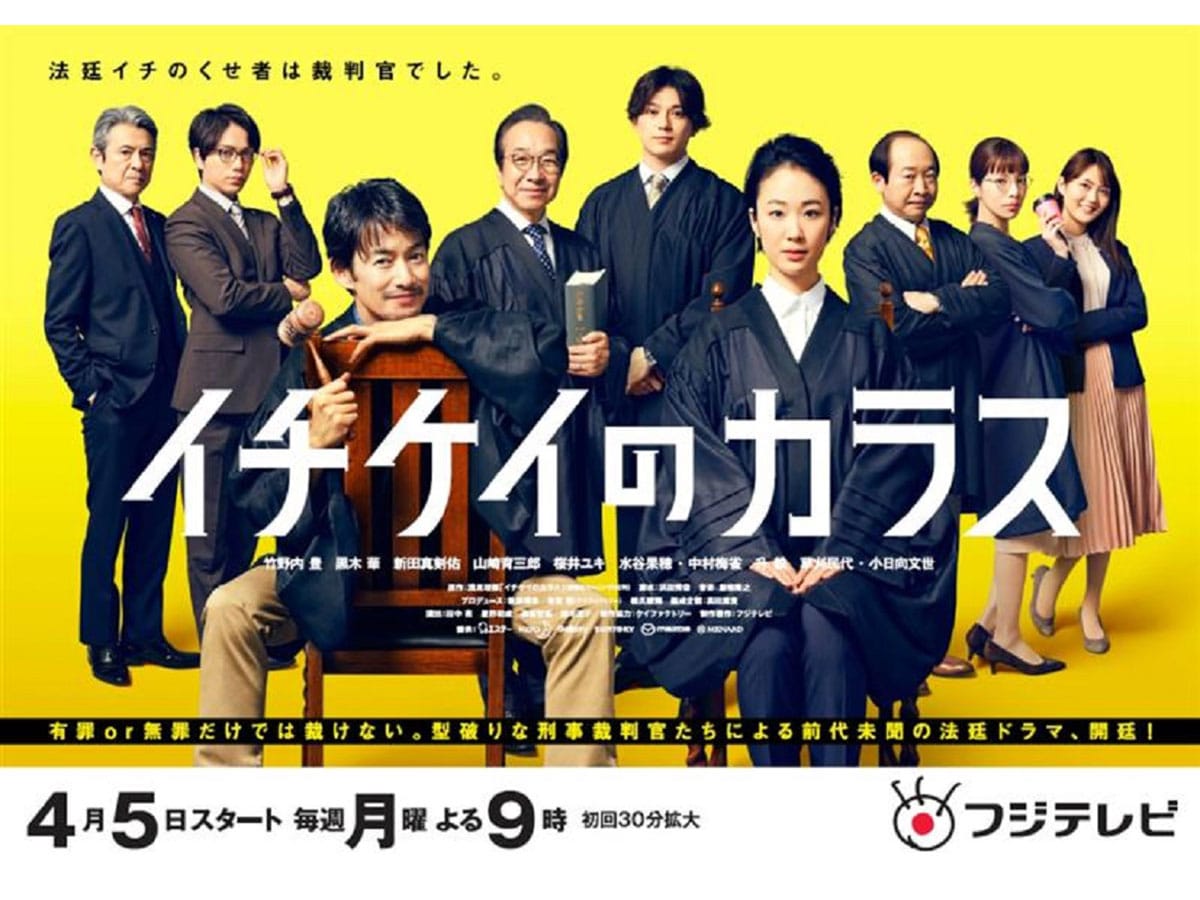
Source: © Fuji Television Network, Inc.
Interview with Hiroyuki Goto from “Ichikei’s Crow – The Criminal Court Judges” – Producer
- Tags:
- Drama / Fuji Television / Fuji Television Network Inc. / Fuji TV / Hiroyuki Goto / Ichikei’s Crow - The Criminal Court Judges / producer / TV drama
Related Article
-
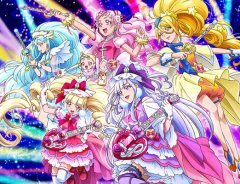
Interview With Hugtto! Precure Producer Keisuke Naito: Part 1
-
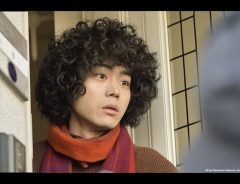
Exclusive Interview with Masaki Suda from Fuji TV’s Monday night drama “Don’t Call it Mystery”
-
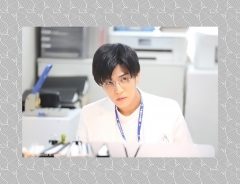
TAKANORI IWATA Exclusive Interview Fall 2019 “SHERLOCK : UNTOLD STORIES”
-
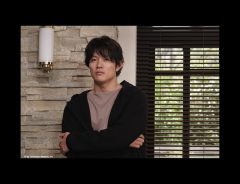
Exclusive Interview with Ryohei Suzuki from “The Romance Manga Artist”
-
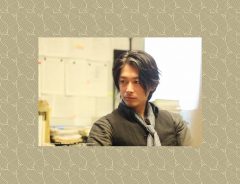
DEAN FUJIOKA Exclusive Interview Fall 2019 From “SHERLOCK : UNTOLD STORIES”
-
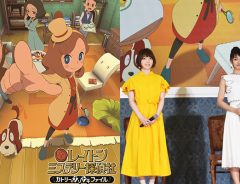
Layton Anime News Conference With Kana Hanazawa as Kat and OP Singer Kana Adachi


Note: This text is reproduced verbatim and provided courtesy of © Fuji Television Network, Inc.
(Interview Date: May 2021)
Here’s an interview with Hiroyuki Goto, the producer of the Monday night drama series, “Ichikei’s Crow - The Criminal Court Judges” at Fuji Television.
This drama features about the work of criminal court judges, a special field of profession among the many legal dramas around. Please tell us your impressions of the original work and why you decided to produce a drama about a criminal court judge as its main character?
I have the impression that judges do not reveal much of their background to the public, partly because they must stay impartial. If I may say so, it could mean that the occupation itself might not be so familiar for the viewers. At first, I felt that it would be a big challenge to portray such a ‘veiled’ occupation for the main character in a drama series. However, when I read the original story, these misconceptions just went away.
At the beginning of the first volume, when the junior high school students visit the courtroom and ask the judge various questions, I felt that I could relate to these forms of interactions and was convinced that with this perspective in mind, we could produce a drama series too. The original story also inspired me to start learning about various topics related to judges, and I was immediately fascinated by them.
Yutaka Takenouchi, who has gained a reputation for his cool and mature performance is playing the leading role in his first Fuji TV drama in 11 years, since the 2010 Monday night series "Shooting Star." Please tell us the reasons for casting him, and his role as the main charismatic figure for the drama, including other episodes from filming?
Both visually and as a character, I think Michio Iruma in the original story is completely different from the image of Yutaka Takenouchi that many people have. Perhaps maybe it's not too much of an exaggeration to say, that everything is so different, it's almost the complete opposite? But in fact, this was exactly the deciding factor for casting him in the first place. Free-spirited and self-paced. The character casually grows a beard and dresses as he likes. He is also kind of carefree and extremely unconventional compared to a usual judge but has his own firm beliefs and passions. I thought that if I was a viewer, I would love to see him play such a character, so we immediately went into discussions with him for the part. And as a charismatic leader, I am overwhelmed by his sense of ‘kindness’ on set. The way he always puts others first before himself is heart-warming to watch.
Could you tell us the reasons for casting Haru Kuroki, a much-talked-about actor, Mackenyu Arata, Ikusaburo Yamazaki and Fumiyo Kohinata and your impressions of working with them?
Haru Kuroki
Chizuru Sakama is the opposite of Michio Iruma. She is the elitist with a promising future, but she’s unable to take a joke. It may be close to the image of a stereotypical judge that many people have. It's a difficult role to play, as the character must focus on speed and efficiency, and is required to say a huge load of lines filled with technical terms at a rapid pace. I couldn't think of anyone else around the age of 30, who could convincingly play this character like her.
Mackenyu Arata
In the drama, the spotlight is not only on just the judges, but also on the court clerks too. They have a vital part to play in continuously supporting judges behind the scenes, but I’m sure there are not many people who can give detailed explanations about their work itself? I'm sure many will recognize the clerks who sit below the judges when courtroom footages are aired on the news. I’m hoping that by having Mackenyu Arata known for his attractive aura play the role, we would be able to raise awareness and the appealing elements of court clerks and encourage more people to become interested in the field of occupation.
Ikusaburo Yamazaki
One of the biggest attractive elements of this drama is that those around the main character Michio Iruma are always pushed around by him. This is no exception for the most prominent prosecutor, who boasts a conviction rate of 99.9%. A young elite prosecutor, Ide, gets caught up in Michio's own pace at one of the trials and often takes surprising actions. These kinds of scenes were quite moving but also comical. I thought that Ikusaburo was the best choice to play this humorous part of a prosecutor.
Fumiyo Kohinata
I mentioned earlier that Michio Iruma in the original story is different from Yutaka Takenouchi, but Komazawa on the other hand is Fumiyo Kohinata himself. (laughs) When you hear the word "legendary judge," the image of an uptight, iron-masked character comes to mind, but when Komazawa has to go into his relaxation mode for some scenes, a sense of depicting the character’s human warmth becomes essential, and his name immediately popped up in my head. I admire the way everyone plays their characters so well, and the friendly atmosphere on set always gives me a smile.
For example, Yutaka Takenouchi said that the way Haru Kuroki and Fumiyo Kohinata chat during the standby periods between filming were almost like a stand-up comedy between a married couple, and that it was relaxing to watch.
Also, when Haru Kuroki caught Yutaka Takenouchi and Kohinata Fumiyo dozing off for a moment during a break, she took a quick shot of them with her cell phone, which became a great source of banter afterwards.
Please tell us about any particular points or difficulties you had in creating this drama?
‘To make it easy and simple to understand!’ This is what I always kept reminding myself. Of course, I also said this to the scriptwriter, Mr. Hamada, and the various directors and producers involved. As I mentioned at the beginning, I was afraid that many people would think that just by hearing that the drama is about a judge as its main character, it would be too difficult, complicated, or that they would not be interested because it is not relevant to them. Therefore, we were so focused on making it as simple as possible.
Also, when it comes to the actual buildup of incidents and flow of the trials, it’s very understandable when reading the script, but during editing and watching back over the videos, there are occasions when it’s a little tricky to follow. This was something that I had not experienced in other dramas that I have worked on, so it was one of the parts which I struggled with. Of course, the viewers are watching the completed episode versions, so we have been very conscious of making sure that they can follow the content on air and most of all enjoy it.
What are the highlights of this work, and what is your message to the viewers?
Lawyers and prosecutors are often portrayed in dramas, but criminal court judges who make the decisions have rarely been put under the spotlight. When we hear the word "judge," there’s a tendency to perceive them as stoic and uptight. However, as I read the original story and followed the actions of the unconventional Michio Iruma, I thought that it should become a drama which portrays judges who stand in the shoes of both the defendant and the victim, worries, struggles, and ultimately tries to come up with the ‘right’ verdict. The drama is fast paced with laughter, tears, and suspense filled, as the judges struggle to make the right verdicts. In particular, seeing how Michio Iruma, played by Yutaka Takenouchi, a man who pursues the truth at his own pace even if it defies common sense, and Chizuru Sakama, played by Haru Kuroki, a stubborn elitist who cannot take a joke at all, are something to look forward to.
Hiroyuki GOTO (後藤博幸): Profile
After joining Fuji Television in 1993, he has mainly focused on drama production with other experiences in programming and sales. His major production works include, the Japanese remake series of “SUITS” and “HONKOWA-True Horror Stories-"